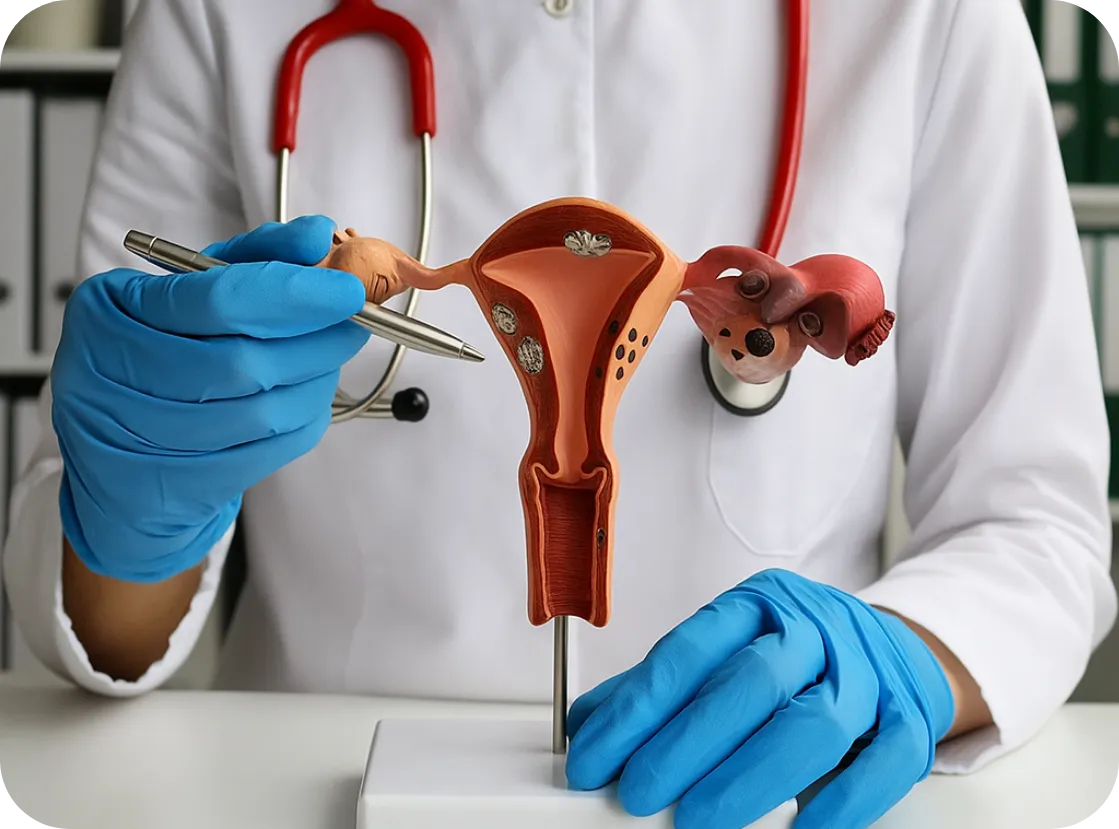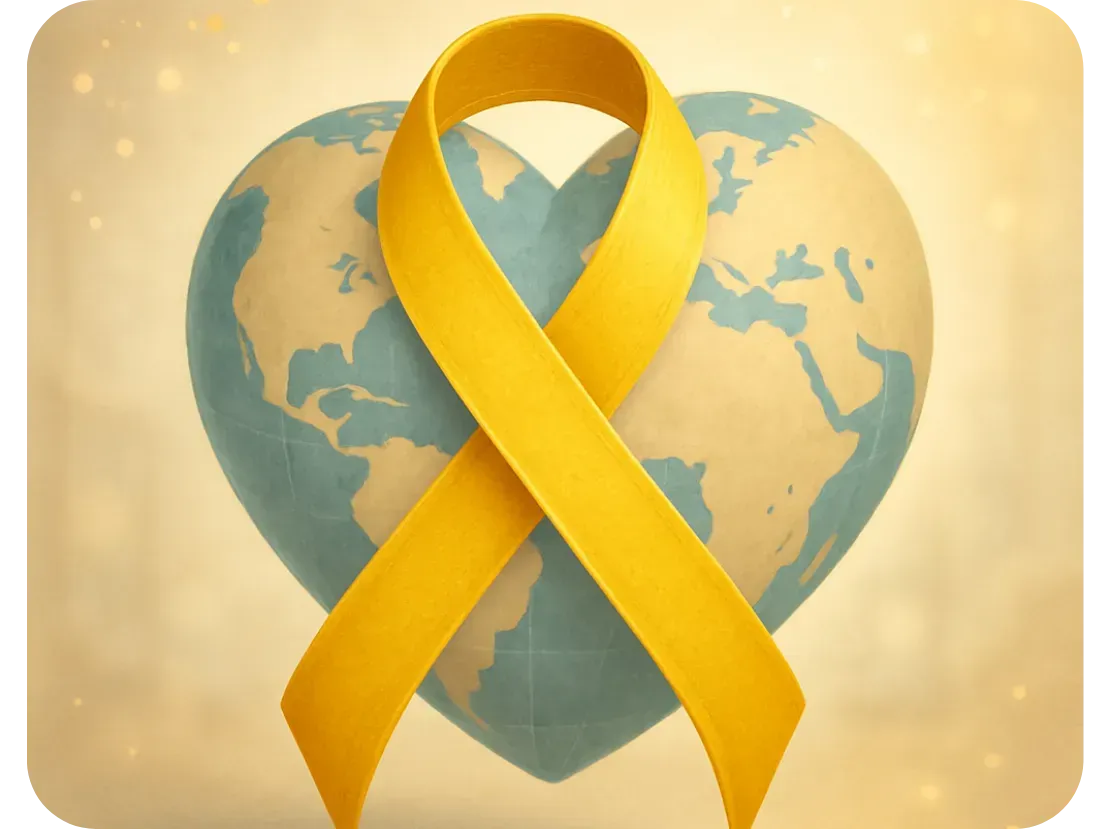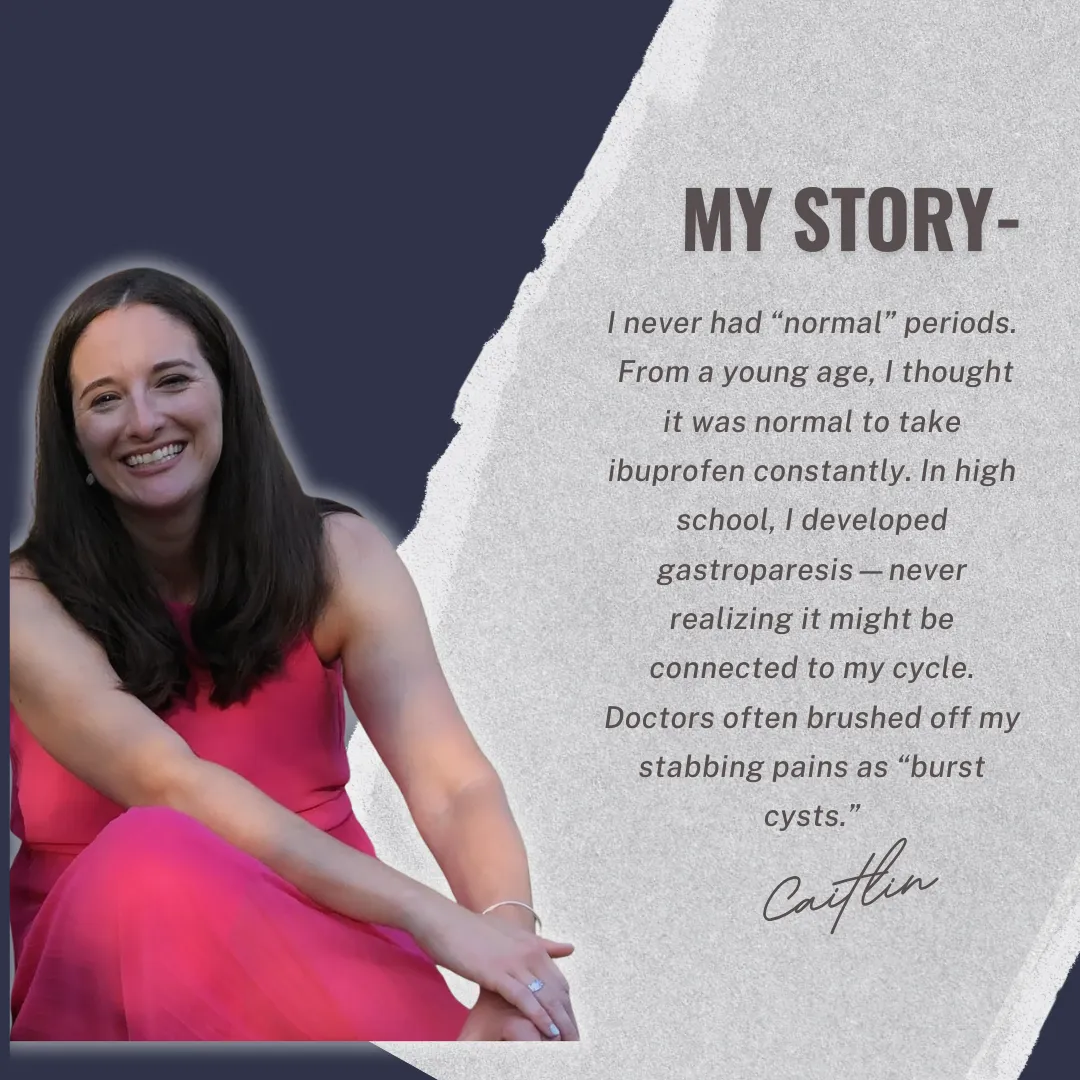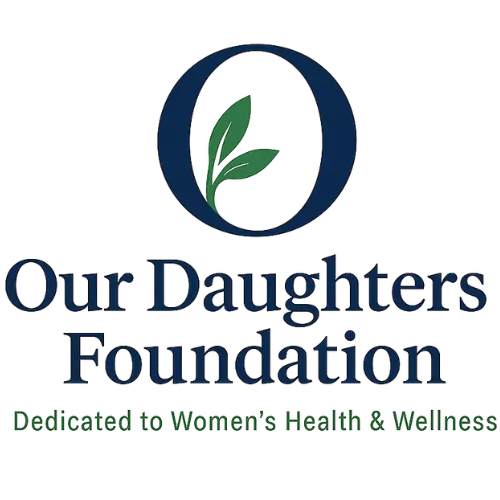Game Changer: World-First Endometriosis Research Institute Launched at UNSW, Fueled by Landmark Donation
By Our Daughters Foundation
Game Changer: World-First Endometriosis Research Institute Launched at UNSW, Fueled by Landmark Donation
By Our Daughters Foundation
This is truly a groundbreaking moment for the millions of individuals worldwide battling endometriosis. A landmark philanthropic donation of an incredible $50 million has been made to UNSW Sydney by the Ainsworth family, establishing the Ainsworth Endometriosis Research Institute (AERI). This monumental contribution, the largest of its kind globally for endometriosis research, is set to position Australia at the forefront of women's health innovation and offers unprecedented hope to the endometriosis community.
The purpose of this historic donation is clear: to accelerate breakthroughs in the diagnosis and treatment of endometriosis, ultimately striving for a cure. AERI's vision is to foster global collaboration, bringing together leading researchers, clinicians, and crucially, patients, to build a deep understanding of endometriosis biology and its pathogenesis. This comprehensive approach is designed to lead directly to improved detection, more effective management strategies, and precision-based treatments that can truly transform lives.

The potential impact on patient care and quality of life is immense. For too long, endometriosis has been misunderstood, misdiagnosed, and often inadequately treated. An institute dedicated solely to rigorous, collaborative research holds the promise of unraveling the complexities of this debilitating condition, leading to real, tangible improvements for those who suffer daily.
At Our Daughters Foundation, this news is incredibly vital to our mission. We are dedicated to funding cutting-edge research, expanding access to compassionate care, and advocating for better solutions for complex hormone-related illnesses like endometriosis. This establishment of AERI perfectly aligns with our commitment to finding answers and ensuring dignity in care for every woman and girl. It's a powerful testament to what focused investment and collaborative spirit can achieve in the fight against these often-neglected conditions.

Join us in celebrating this incredible milestone! Share this news with your networks, and consider supporting ongoing endometriosis research. Your contribution can help fuel more breakthroughs like this. Explore more about endometriosis and how you can help on our website.
Source Citation:
UNSW Newsroom: "Landmark donation powers world-first endometriosis research institute at UNSW"

This is truly a groundbreaking moment for the millions of individuals worldwide battling endometriosis. A landmark philanthropic donation of an incredible $50 million has been made to UNSW Sydney by the Ainsworth family, establishing the Ainsworth Endometriosis Research Institute (AERI). This monumental contribution, the largest of its kind globally for endometriosis research, is set to position Australia at the forefront of women's health innovation and offers unprecedented hope to the endometriosis community.
The purpose of this historic donation is clear: to accelerate breakthroughs in the diagnosis and treatment of endometriosis, ultimately striving for a cure. AERI's vision is to foster global collaboration, bringing together leading researchers, clinicians, and crucially, patients, to build a deep understanding of endometriosis biology and its pathogenesis. This comprehensive approach is designed to lead directly to improved detection, more effective management strategies, and precision-based treatments that can truly transform lives.
The potential impact on patient care and quality of life is immense. For too long, endometriosis has been misunderstood, misdiagnosed, and often inadequately treated. An institute dedicated solely to rigorous, collaborative research holds the promise of unraveling the complexities of this debilitating condition, leading to real, tangible improvements for those who suffer daily.
At Our Daughters Foundation, this news is incredibly vital to our mission. We are dedicated to funding cutting-edge research, expanding access to compassionate care, and advocating for better solutions for complex hormone-related illnesses like endometriosis. This establishment of AERI perfectly aligns with our commitment to finding answers and ensuring dignity in care for every woman and girl. It's a powerful testament to what focused investment and collaborative spirit can achieve in the fight against these often-neglected conditions.

Join us in celebrating this incredible milestone! Share this news with your networks, and consider supporting ongoing endometriosis research. Your contribution can help fuel more breakthroughs like this. Explore more about endometriosis and how you can help on our website.
Source Citation:
UNSW Newsroom: "Landmark donation powers world-first endometriosis research institute at UNSW"
Join Us: Make a Difference Today
Your support can transform lives. Every donation helps us fund research, advocate for better care, and provide essential grants to women facing debilitating conditions.
Join Us: Make a Difference Today
Your support can transform lives. Every donation helps us fund research, advocate for better care, and provide essential grants to women facing debilitating conditions.

My Story: Caitlin

I’ve never had “normal” periods. Growing up, I thought it was normal to take ibuprofen around the clock. It wasn’t something we talked about much, so I didn’t know any different.
In high school, I developed gastroparesis, never imagining it could be connected to my periods—especially since my symptoms didn’t look like most patients’. Over the years, I also experienced stabbing pains that were often brushed off as burst cysts.
In my 20s and 30s, I struggled with getting and staying pregnant. Thankfully, I was able to safely deliver two healthy babies, and during that time I had no gastroparesis symptoms at all. But after pregnancy, my periods worsened, and my gastroparesis came roaring back. I sought help from a midwife/nutritionist, multiple OBGYNs, and several dietitians. Despite eating healthy, exercising, and having perfect bloodwork, I kept gaining weight and bloating without explanation. My belly never seemed to match the rest of my body, and for half the month I was completely drained of energy.
In February 2020, I had my first exploratory surgery. The surgeon told me, “There was some growth, but I’d bet money it’s not endo.” The pathology came back positive for endometriosis. I was put into medicinal menopause right as the pandemic shut everything down, and so began a five-year journey: two more excision surgeries, nerve block injections, countless physical therapy sessions. Yet my symptoms kept flaring. I often felt like I was losing my mind—my body was showing clear symptoms, but little could be done to help.
I’m fortunate to have excellent health insurance, because otherwise I could have bought a small second house with what’s been spent on my care. For three years, I was in physical therapy for hip pain and limited mobility—pain my doctor could see during exams, but that never showed up on scans. During my second excision surgery, they found an endo mass, and the pain disappeared afterward (though mobility issues remained).
Working in front of hundreds of people, I constantly worried whether my clothes would still fit by the end of the day due to bloating. I could also tell when I was nearing the need for another excision surgery because I’d break out with painful cystic acne.
Finally, in June 2025, I sought out a new surgeon who specialized in endometriosis. For the first time—other than with my physical therapist—I felt truly heard. She explained the disease in a way that finally made sense. I chose to have a hysterectomy. During surgery, they found one ovary fused to my bladder and endometriosis in multiple places, despite my last excision only eight months earlier. The most shocking part? I had less pain the day after surgery than I did before. Even more surprising, I haven’t had any gastroparesis symptoms since. My surgeon said there’s no research showing a link, but she wasn’t surprised. Sadly, I wasn’t surprised either that research hasn’t been done on these links.
Now, about six weeks post-op, my body is healing, but the emotional scars remain. It’s one thing to choose not to have more children—it’s another to have that choice permanently taken away. I still battle anxiety around food, since my body spent years tying certain meals to painful symptoms. I also fear for my daughter. Anytime she has GI issues, I worry she might inherit this disease.
I’ve been blessed with supportive family and friends, a great workplace, and the financial means to access care. Even with all of that, it still took me 15–20 years from my first symptoms to get a diagnosis.
I share my story in the hope that organizations like Our Daughters Foundation can help change this. By speaking openly about what’s often considered a taboo subject, I want to spare someone else the years of pain I endured.
